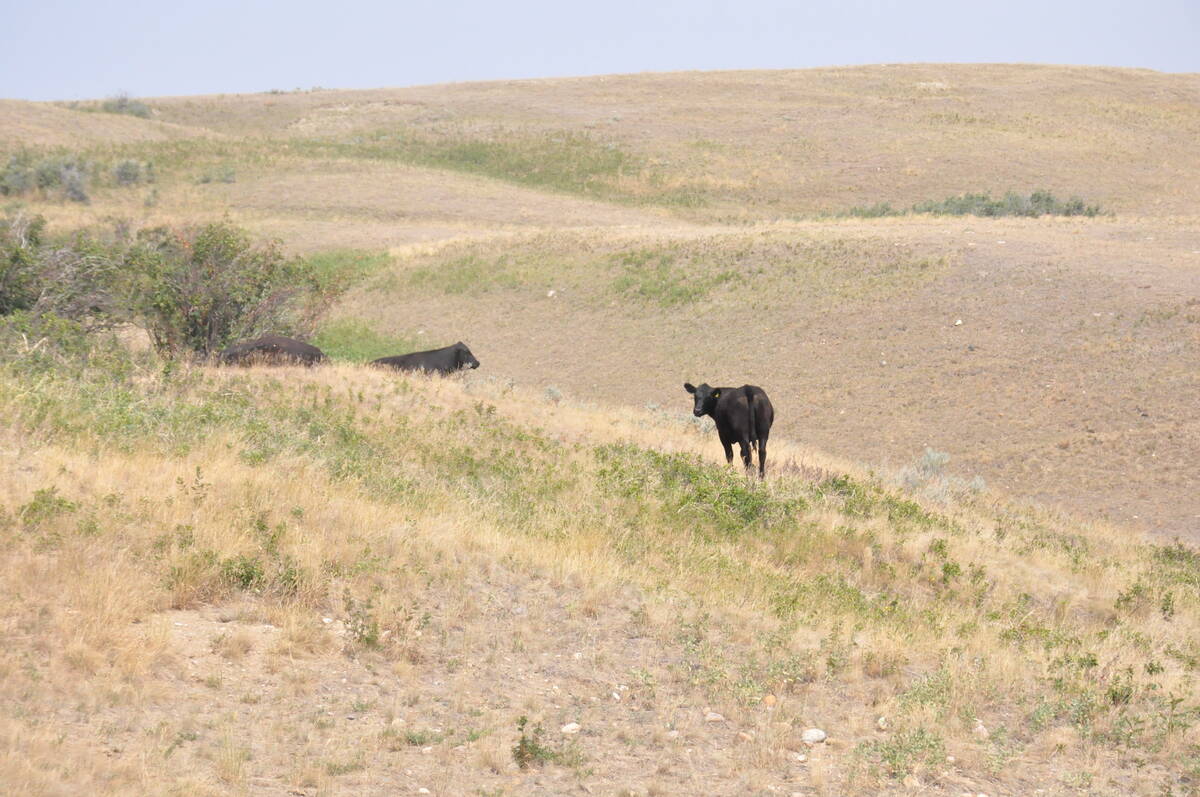It looks like there won’t be an organized boycott of the upcoming barley marketing plebiscite after all.
Shortly after the barley question was made public, some farmer groups that support a dual market said they might not participate and might urge their members to do the same.
But last week officials from the Alberta Barley Commission and the Western Canadian Wheat Growers Association said they would reluctantly take part.
“The issue is too important to allow a one-sided debate,” said wheat growers association president Larry Maguire.
Read Also

Saskatchewan tests new forage insurance program
Saskatchewan Crop Insurance Corp. tested a new forage insurance program this past summer as it looks for ways to better protect cattle producers.
The association says it will run an “information-based campaign”, although what form that will take, whether it be advertising, holding public meetings or sponsoring debates, has yet to be determined.
Brian Kriz, newly elected chair of the Alberta Barley Commission, said the commission still thinks a referendum is a bad idea and doesn’t like the question but it won’t try to organize a boycott.
“Every individual has to decide what they think this (vote) is worth,” he said in an interview from his farm at Rimbey, Alta. “My own feeling is it is not a very legitimate process to participate in, but I’m going to vote myself.”
He said the commission will play a limited role in the campaign, probably by providing information to farmers about what it sees as the real issue – the impact of the board’s barley marketing policies on domestic markets.
Policy by referendum absurd
He added it’s absurd to determine economic policy by referendum, and wondered whether similar votes will be held on how to sell milk, swathers or used cars.
Meanwhile, farm groups that support the board are also trying to decide what role they can play in the campaign leading up to the vote to be held in February.
The National Farmers Union will be discussing the issue at its annual convention in Saskatoon this week.
NFU president Nettie Wiebe said the first priority will be to make sure there’s a good turnout.
“We’re clearly going to have to focus on persuading farmers that it’s an important enough question that the vote comes out,” she said, adding the higher the turnout, the better chance the pro-CWB side has of winning.
“How we do that … is a question of strategy and we haven’t nailed that down.”
She said the farmers union doesn’t have any money to spend on the campaign and will have to rely on donations from individual farmers. The union has asked Ottawa to impose strict spending limits.
Saskatchewan Wheat Pool vice-president Barry Senft said the company will wait to hear the rules governing the vote before deciding what, if any, role it will play.
Regardless of the level of corporate involvement, he said there’s no question the pool’s voice will be heard supporting the board’s export monopoly.
“One way or another our delegates are going to play a major role in this and through that our committee structure,” he said.














